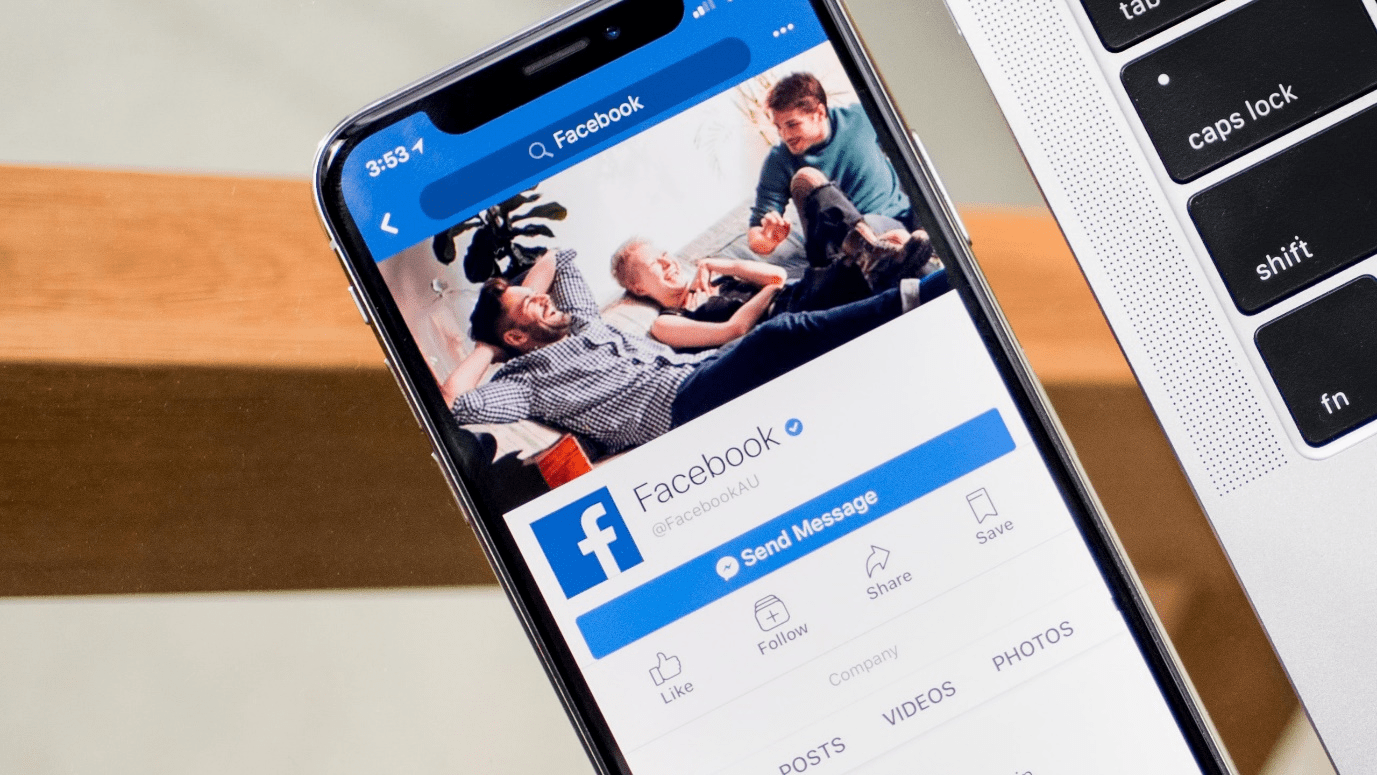
Why Skills-First Leadership Is Replacing the Ivy League Playbook in the C-Suite
The old prestige pyramid—where Ivy League degrees and blue-chip consulting backgrounds paved the way to the CEO seat—is cracking.

November 8, 2021: -Facebook is wrong to be shutting down its facial recognition system, according to Garry Kasparov, the former world chess champion and chairman of the Human Rights Foundation.
The decision is “stupid,” Kasparov told CNBC on Tuesday at the Web Summit tech conference in Lisbon.
“It’s bowing to this public outrage,” Kasparov said, just days after Facebook rebranded itself to Meta. “I think it’s stupid for a simple reason: Facebook can shut it down, the Chinese will not,” he added.
Born into the Soviet Union, Kasparov became the youngest ever undisputed World Chess Champion in 1985. In 1997 he became the first world champion who lost to a computer, IBM’s Deep Blue.
Currently, he says he is pro-technology and against overregulation.
“Any technological feature that’s available, for me, it doesn’t make any sense to block it,” Kasparov said. Privacy campaigners would disagree.
“It’s insane to think that in the era of the global internet, you can start forcing companies in America or Europe to follow these rules and to abandon new features,” he added.
The decision of shutting down the facial recognition system on Facebook comes from a barrage of news reports over the last month after Frances Haugen, a former employee who became a whistleblower, released a trove of internal company documents to news outlets, lawmakers, and regulators.
Facebook said in a blog post that there are “many concerns” about the use of facial recognition technology in society, which noted how regulators are still in the process of providing a clear set of rules governing its use.
“Between this ongoing uncertainty, we believe that limiting the use of facial recognition to a narrow set of use cases is appropriate,” the social media giant said.
Ending the use of the face recognition system is part of “a company-wide move away from this kind of broad identification,” Facebook said.
In July 2020, the company was allowed to pay a $650 million settlement after being sued for collecting and storing biometric data without obtaining user consent, which the Illinois Biometric Information Privacy Act prohibits.

The old prestige pyramid—where Ivy League degrees and blue-chip consulting backgrounds paved the way to the CEO seat—is cracking.

Loud leaders once ruled the boardroom. Charisma was currency. Big talk drove big valuations.

But the CEOs who make history in downturns aren’t the ones with the deepest cuts

Companies invest millions in leadership development, yet many of their best executives leave within a few years. Why?

The most successful business leaders don’t just identify gaps in the market; they anticipate future needs before anyone else.

With technological advancements, shifting consumer expectations, and global interconnectedness, the role of business leaders

Following a distinguished Law Enforcement career Joe McGee founded The Securitatem Group to provide contemporary global operational specialist security and specialist security training products and services for private clients, corporate organisations, and Government bodies. They deliver a wide range of services, including complete end-to-end protection packages, close protection, residential security, protection drivers, and online and physical installations. They provide covert and overt investigations and specialist surveillance services with a Broad range of weapons and tactical-based training, including conflict management, risk and threat management, tactical training, tactical medicine, and command and control training.

Jay Wright, CEO and Co-Owner of Virgin Wines infectious energy, enthusiasm, passion and drive has been instrumental in creating an environment that encourages talent to thrive and a culture that puts the customer at the very heart of every decision-making process.

Fabio de Concilio is the visionary CEO & Chairman of the Board at Farmacosmo, a leading organization dedicated to mental health and community support services. With a deep commitment to identifying and meeting customer needs, Fabio ensures that high standards are maintained across the board.

Character Determines Destiny – so said Aristotle. And David CM Carter believes that more than anything else. For David, it has been numerous years of research into codifying Entelechy Academy’s 54 character qualities that underpin everything he stands for as a leader and teacher.


Leave us a message
Subscribe
Fill the form our team will contact you
Advertise with us
Fill the form our team will contact you